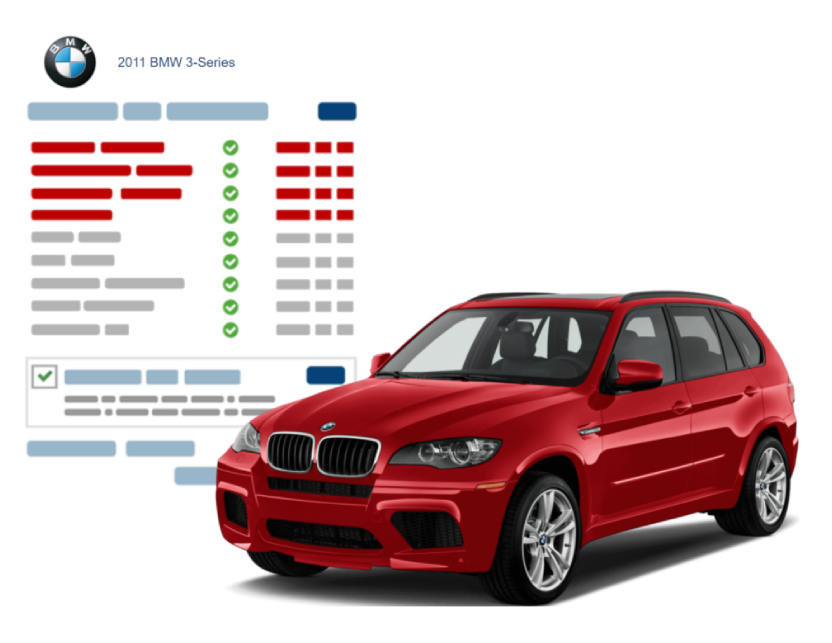
When considering buying or importing a used car from the UK, it’s essential to understand the various terms related to vehicle history checks. These acronyms and phrases frequently appear in vehicle reports and can significantly influence your purchasing decision. Here’s a clear explanation of the most important terms:
1. MOT (Ministry of Transport Test)
The MOT is an annual safety inspection that all vehicles over three years old must undergo in the UK. It evaluates vehicle safety, roadworthiness, and exhaust emissions to ensure compliance with UK standards. Checking a car’s MOT history reveals previous test results, highlighting any issues or advisories regarding vehicle maintenance and safety.
2. DVLA (Driver and Vehicle Licensing Agency)
The DVLA is the government agency responsible for maintaining records of vehicles and drivers within the UK. It provides essential vehicle-related information, such as tax status, MOT expiry dates, vehicle specifications, and ownership details. Performing a DVLA check is crucial for confirming the accuracy of the seller’s claims and legality of the vehicle.
3. VIN (Vehicle Identification Number)
The VIN is a unique 17-character alphanumeric code assigned to every vehicle globally, including those in the UK. The VIN helps identify individual vehicles and is crucial for tracking a vehicle’s history, verifying authenticity, and ensuring no fraudulent activity or tampering has occurred.
4. HPI Check
An HPI Check is a comprehensive, paid vehicle history report widely used in the UK. It provides extensive data beyond basic checks, including outstanding finance, theft status, accident history (such as write-offs), mileage discrepancies, and ownership changes. An HPI Check offers peace of mind, helping buyers avoid costly mistakes.
5. Vehicle Registration Number (Number Plate/Reg Check)
The vehicle registration number, commonly known as the number plate, uniquely identifies vehicles registered in the UK. Entering this number into online checking tools (like DVLA or RAC Car Check) provides quick access to essential vehicle data, including MOT status, tax information, and basic vehicle details.
6. Mileage Check
A mileage check verifies the accuracy and consistency of a vehicle’s recorded mileage across its service history, MOT tests, and sales records. Discrepancies in mileage can indicate odometer tampering, significantly affecting vehicle value and reliability.
7. Tax Check
Vehicle tax, also known as road tax, must be paid annually for vehicles in use on UK public roads. A tax check verifies if the vehicle has up-to-date tax payments, ensuring it is legally compliant to drive in the UK.
8. Outstanding Finance
Outstanding finance refers to any unpaid debts or loans secured against a vehicle. If a vehicle has outstanding finance, it remains the property of the financing company until debts are cleared. Purchasing such a vehicle without settling outstanding finance risks repossession.
9. Stolen Check
A stolen check confirms whether a vehicle has ever been reported as stolen. Purchasing a vehicle flagged as stolen can lead to severe legal issues, including losing the vehicle and money spent.
10. Written Off
“Written off” vehicles are those declared a total loss by insurers, typically following severe accidents or significant damage where repairs exceed the car’s value. Buying a written-off vehicle can carry substantial safety and financial risks unless properly repaired, inspected, and re-certified.
Understanding these terms helps ensure you make an informed decision when buying or importing vehicles from the UK, safeguarding against potential financial loss and legal complications.
Photo by Susan Q Yin Unsplash







